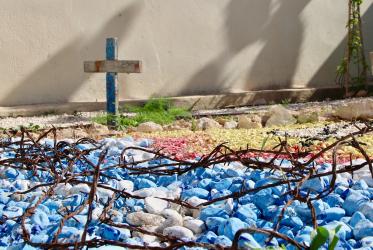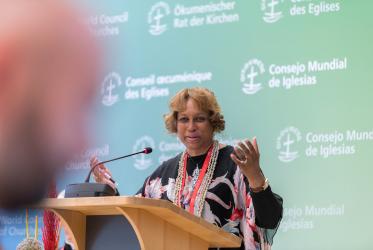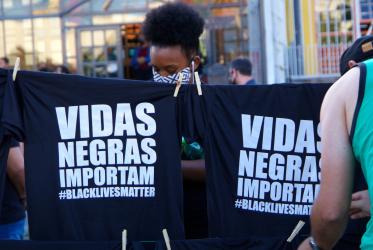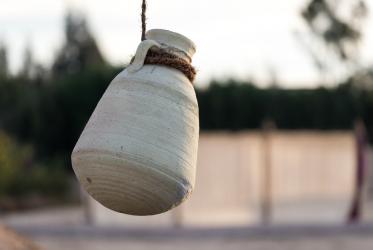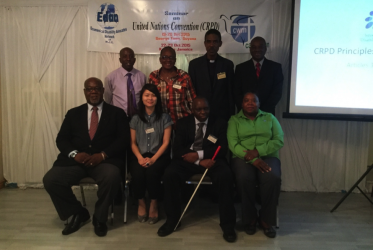Displaying 1 - 17 of 17
Webinar explores intersection of debt cancellation and anti-racism
09 December 2021
“Arusha Call to Discipleship” issued
13 March 2018
The violence of manual scavenging in India
15 October 2009
Ecumenical conference to tackle racist patterns left by slave trade
06 December 2007

